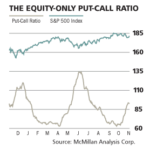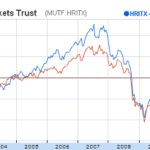Those who are entering into the lucrative world of Forex trading will need to concern themselves with such concepts as adopting the correct strategies, using efficient platforms and monitoring their success over time. Still, we also are required to address the laws in regards to taxation within the United Kingdom. These can be quite confusing and while it is always advisable to visit the official HMRC website, there are still a few general areas which we can examine in a bit more detail. So, where do you stand in regards to your current tax obligations?
Spread Betting
One of the most interesting benefits in regards to Forex trading within the United Kingdom is that at the present, no capital gains tax needs to be paid by those who are spread betting within the currency markets. This is in direct contrast to other locations such as the United States. However, the downside here is that you will be unable to claim losses against your additional income.
Personal or Business?
The HMRC will also take into account whether or not you are utilising Forex trades as a main source of income or if they represent only a small portion of your capital gains each year. For example, full-time traders will be required to pay capital gains on any profits that they accrue. If you are simply a hobbyist or only trade once a week, it is likely that any additional wealth may be exempt from capital gain tax.
Registering for Self Assessment
Assuming that you intend to trade on a full-time basis and that profits will represent a sizeable portion of your income, it is necessary to register for the self-assessment scheme provided through the HMRC. Although you are thereafter required to file tax returns, the benefit here is that (as opposed to spread betting), you can claim any losses against your profits. This may indeed supply an extra level of protection.
Offshore Options?
One question that has arisen in recent times is whether or not it may be wise to choose an offshore trading platform. As the taxation laws are different in areas of the world such as Cyprus, some traders feel that this is a viable means to avoid paying the tax man. However, there is a notable danger to this method. Should your profits amass over time and if you then decide to transfer them back into a UK account, you will be liable for a considerable amount of back taxes. It is better to work with a company within the United Kingdom such as CMC Markets. You will also be provided with superior levels of transparency which may not be available through offshore firms.
As mentioned before, it is always wise to consult with a professional tax consultant to determine which of these scenarios (if any) applies to you. Knowing your legal tax obligations well in advance can save time, aggravation and a great deal of money in the future.











{ 0 comments… add one now }